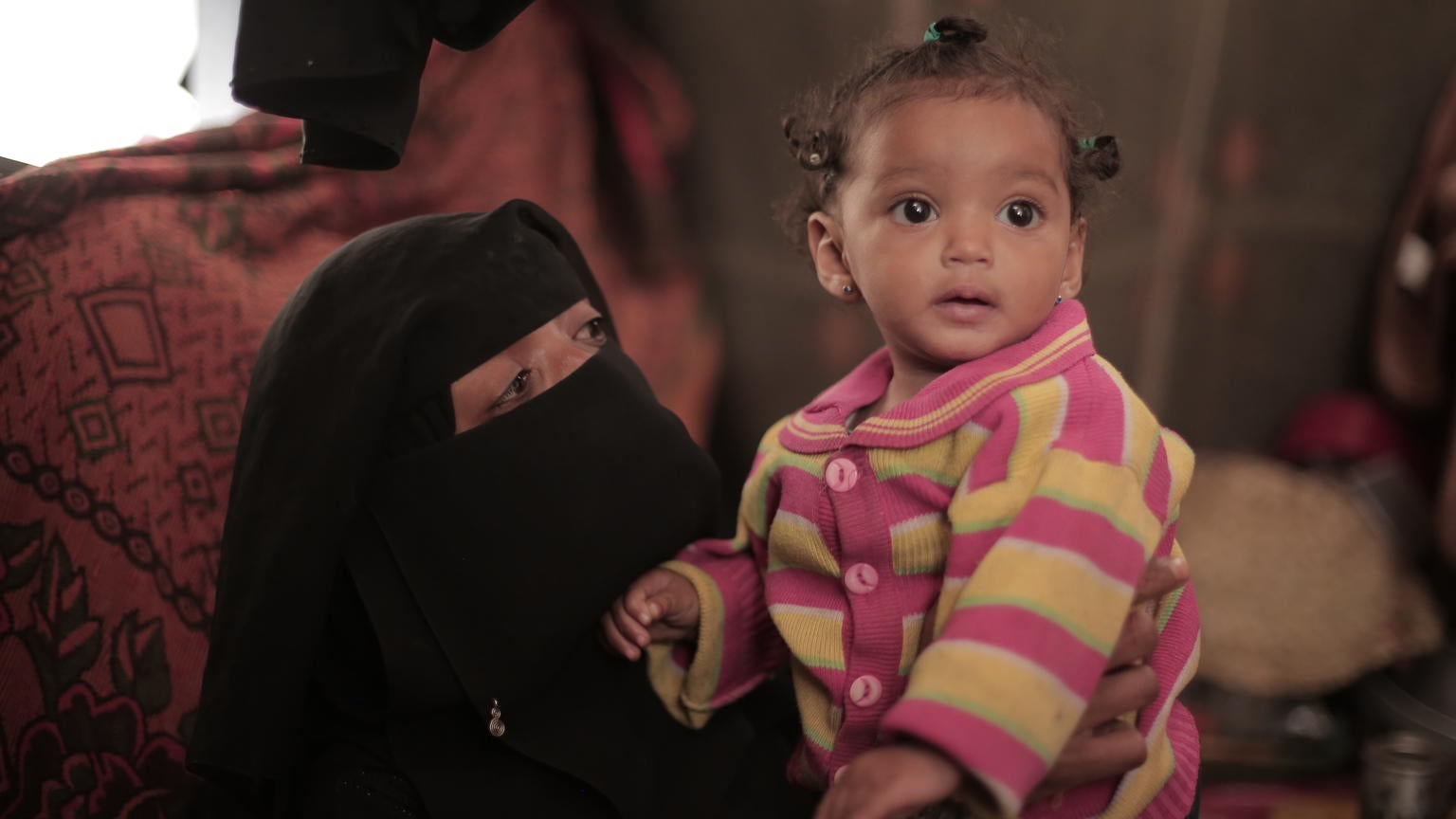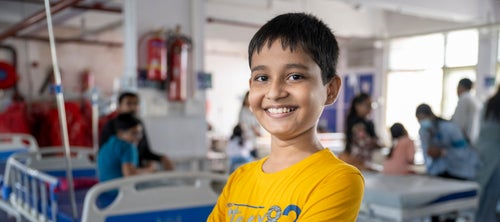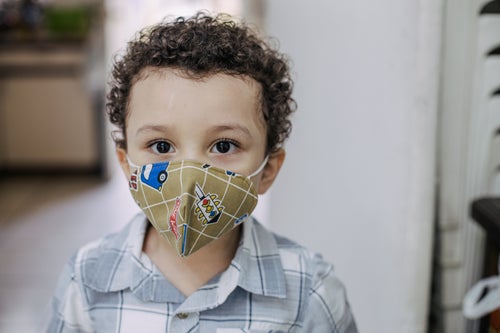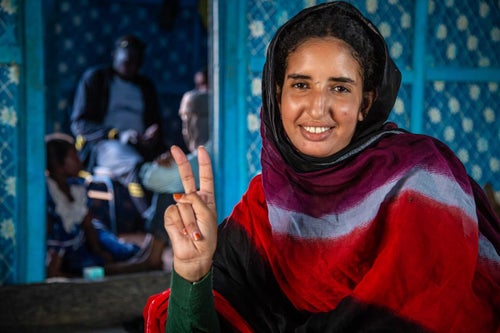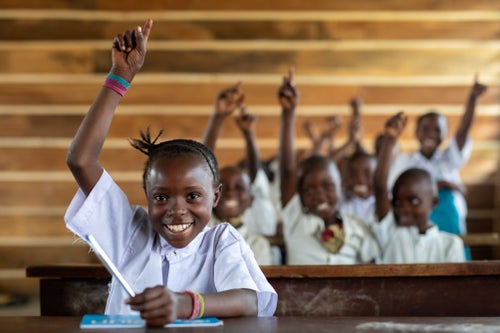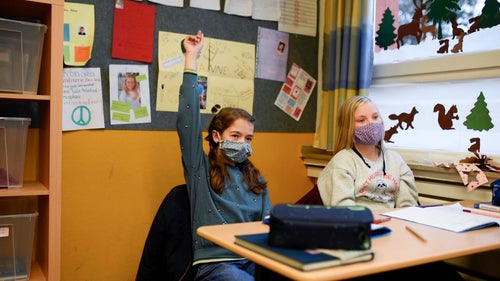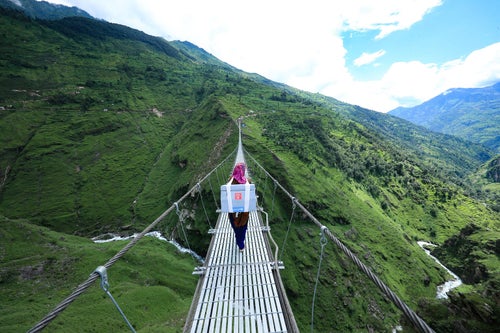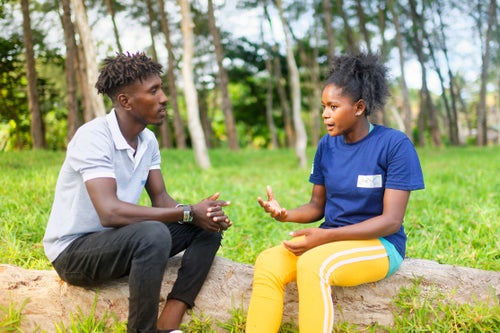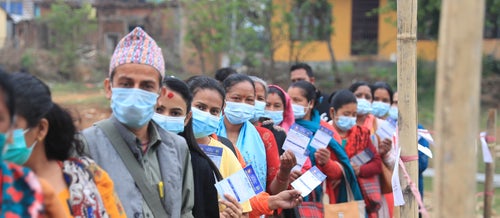The troubles of 2020 have meant that malnutrition rates amongst children in Yemen, already amongst the worst in the world, have skyrocketed.
A dangerous combination of factors, driven by conflict and economic decline, and further compounded by COVID-19 mean that today in the worst hit areas of the country up to 27 per cent of children are in urgent need of treatment for malnutrition.
This is the highest percentage recorded since the beginning of the war and risks increasing even further.
Nour means “light” in Arabic and it is a beautiful albeit common name for both boys and girls across the Arabic speaking world. But this 9-month-old ray of sunshine was almost lost to the darkness by way of severe acute malnutrition earlier this year.
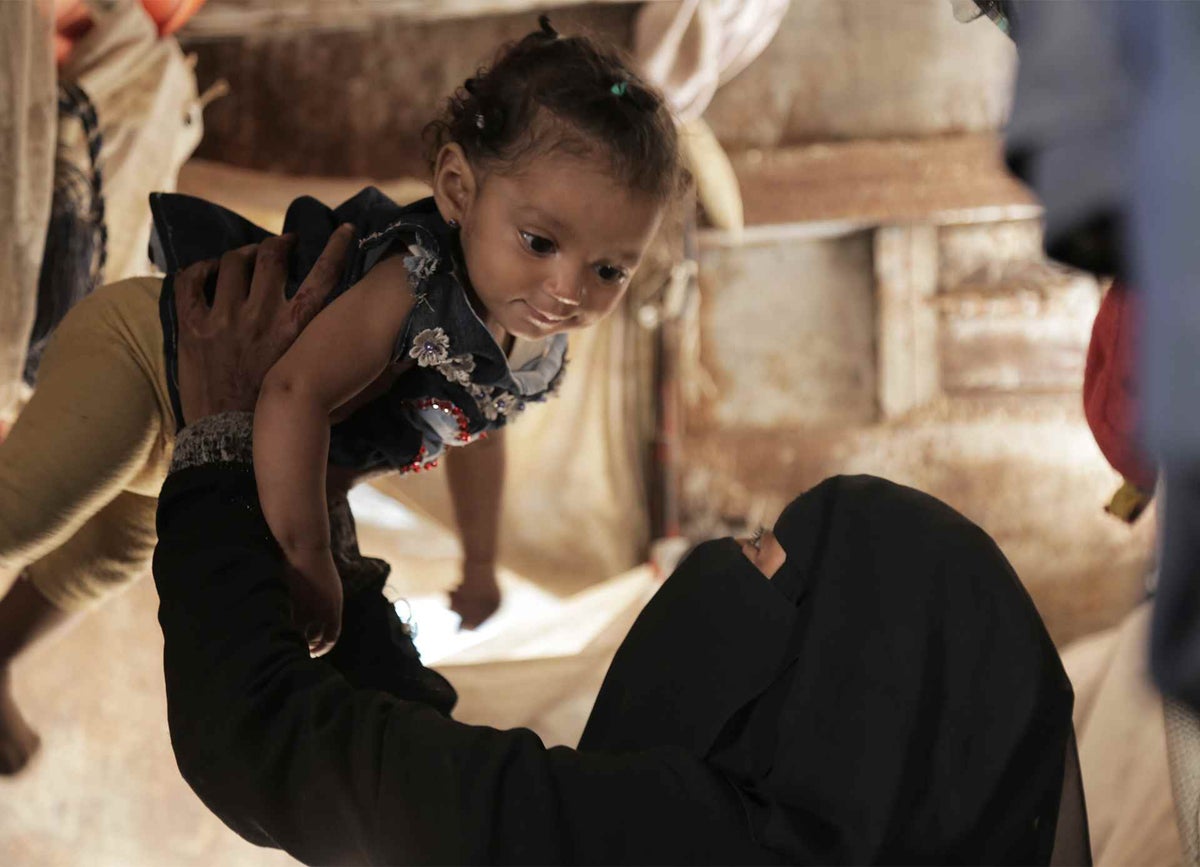
From a marginalised community known locally as the “Muhamasheen”, Nour was born in one of the poorest and most disadvantaged areas of the war-ravaged Yemeni capital Sana’a. Her family, originally from Hodeidah on Yemen’s coast, had been forced to flee the poverty and violence of their hometown, now on the frontlines.
Nour’s father had hoped to find decent paying work in Sana’a and afford his family a decent life but has so far been unable to do so. For now, he earns just YER 500 (or 2.75 Australia dollars) a day by collecting plastic bottles on the street. It is not enough for a family of four.
"When Nour was born, she was weak and wasted, and her health even kept worsening from day to day."
Their one room home contains little more than a few worn-out mattresses and they have no access to electricity or solar energy at all. With no running water, they must line up every day to fetch water from public tanks on the street.
"After a great deal of suffering, we got a small room in this slum in Sana'a. We can barely afford the rent, which is YER 8000 (about 45 Australian dollars) per month, but we have no other place to go if [we get] kicked out,” says Souad, Nour’s loving mum.
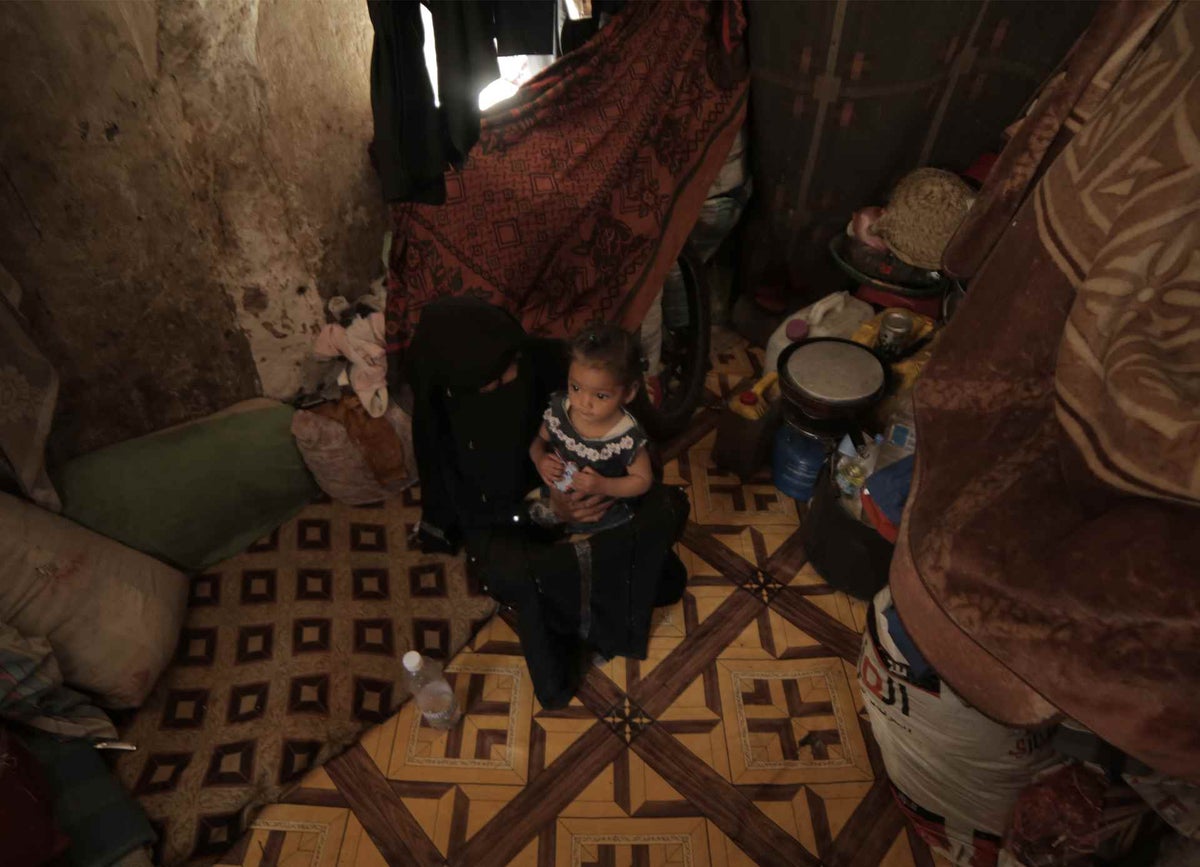
Whilst you are unable to see it through her flowing and elegant black abaya, Souad, like an estimated quarter of a million pregnant and breastfeeding Yemeni mothers, likely suffers from malnutrition herself. This means not only is her health at risk but that her body is unable to produce enough breastmilk for Nour. Of course, at nine-months-old, Nour should be eating solids but this is also difficult given the family’s budget.
"When Nour was born, she was weak and wasted, and her health even kept worsening from day to day. I breastfeed my baby, but she is never satisfied as I don't have enough milk," she says.
"I feel exhausted and fatigued when breastfeeding due to lack of food, which affects the health of my baby girl. I eat bread and leek, which is a cheap vegetable, to boost my lactation, but that's not enough food for a nursing mother. We rarely have three meals a day."
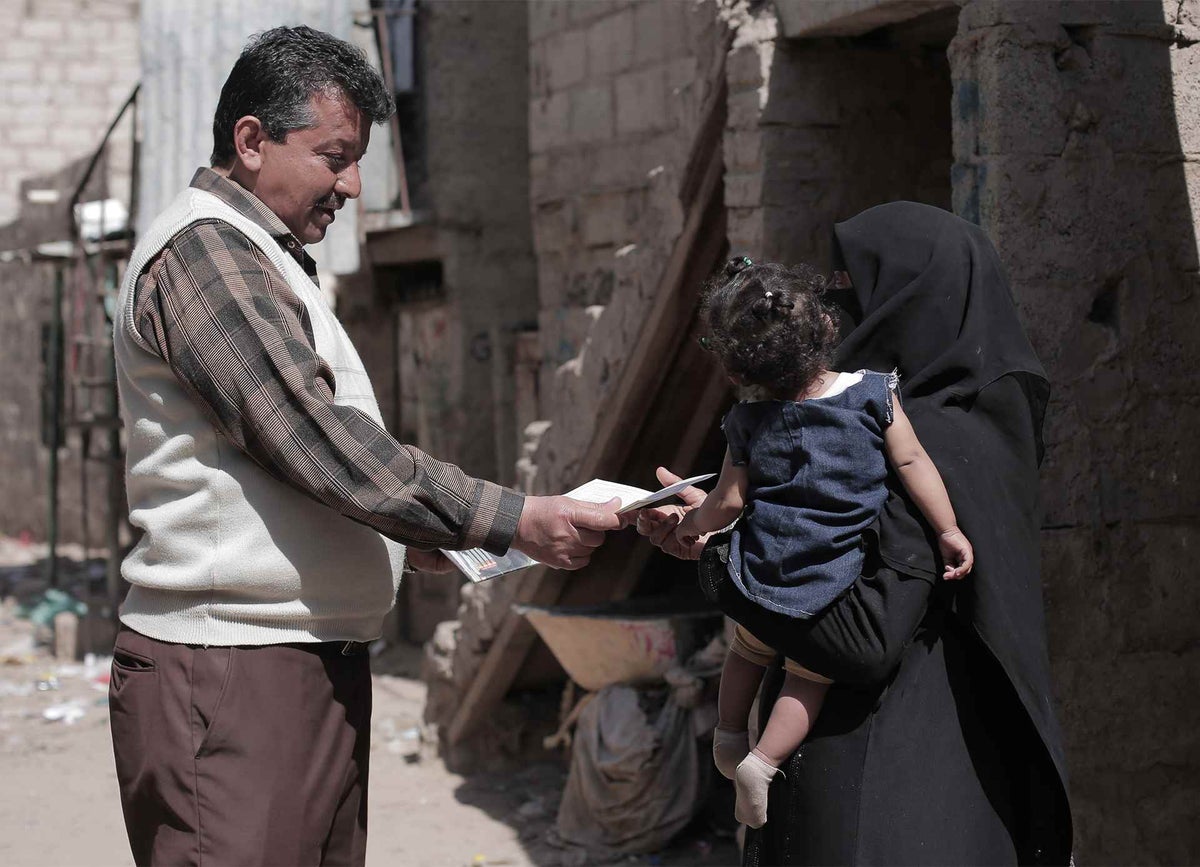
Despite the urgency of her situation, Nour’s mother didn’t know where to take her child for free treatment and her malnutrition was almost missed, with potentially deadly consequences.
Thankfully a UNICEF supported social researcher visited the home during an assessment and realised the girl was in urgent need of care
“I visited the home of the baby girl, Nour. The living condition there is difficult as the husband, his wife and two children live in a very small room; suffering from poverty, hunger and health problems. Nour was weak and her body was wasted,” says Ali Al-Raymi, who first visited Nour’s family at home.
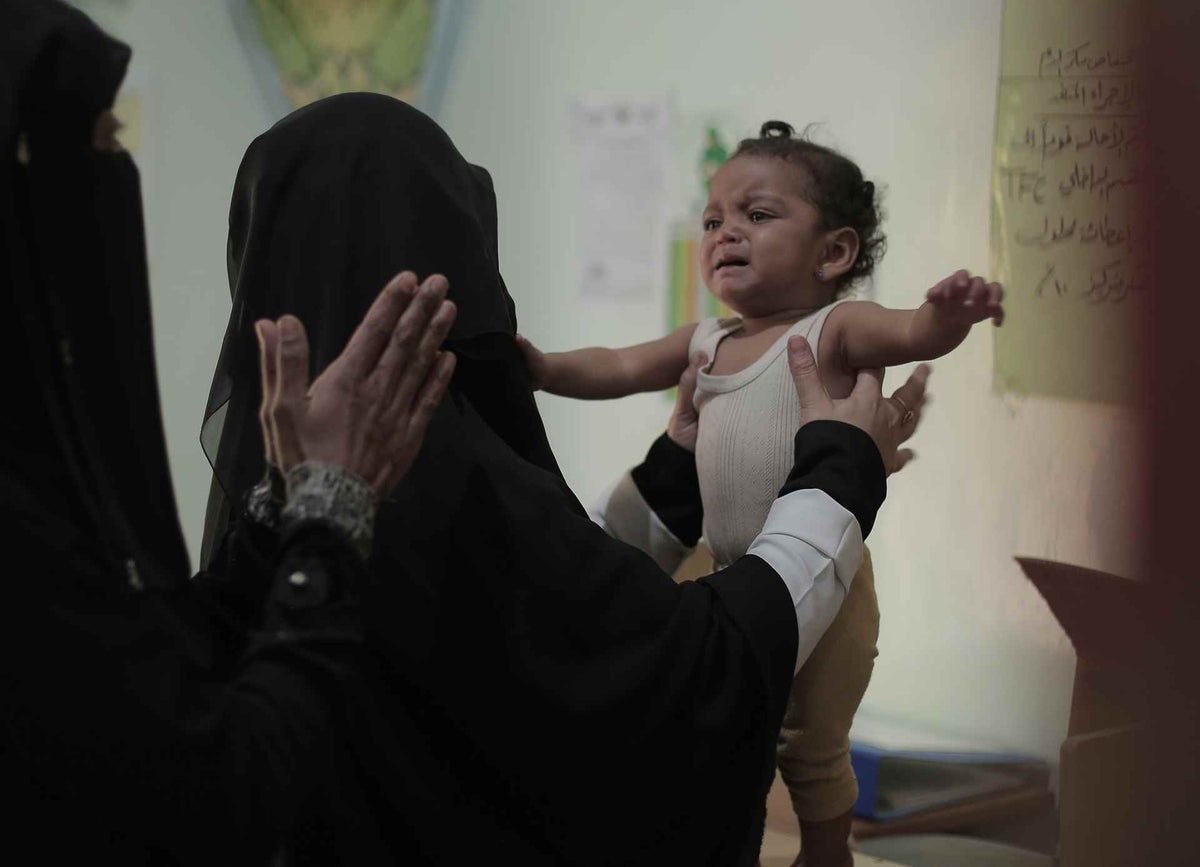
At nine months old, Nour weighed just five kilograms, which is the average weight of a baby aged between two and three months. She was immediately referred to the UNICEF-supported Maeen Medical Complex for treatment. There, she was given supplementary nutrition, treatment for coexisting infections and a thorough checkup.
Since then, after four months of treatment, she is gaining weight and has already put well over a kilo and has even taken her first steps. Most importantly, her doctors are confident that she is no longer at risk of literally starving to death.
"It's an indescribable feeling as you watch your child recover from an illness that ravaged its body. I feel happy that my baby regained her health and started moving, toddling and playing," says Souad.
Help Protect Children like Nour
Did you know that nutrition centres like the UNICEF supported Maeen Medical Complex, where Nour was treated, are funded by UNICEF supporters, just like you?
Our Global Parents, a community of almost 30,000 dedicated supporters who donate each and every month, are making a real and tangible difference in the lives of the world's most vulnerable children.
For the past two years UNICEF, other United Nations agencies as well as NGOs, have been able to roll-back the worst famine in a generation by providing massive amounts of humanitarian assistance and working with authorities to stabilise the economic factors driving the crisis. Hundreds and thousands of Yemeni lives have been saved but funding is now limited and we need your help.
Please consider joining our growing family of Global Parents, and you will help children like Nour return from the brink of starvation to toddle, laugh and grow. Choose to create a world where no child is left to starve, because of war, conflict, displacement or COVID-19.
Donate to Children in Yemen
It is eight years into the conflict in Yemen, and the situation is only getting worse.
Related articles
Stay up-to-date on UNICEF's work in Australia and around the world



